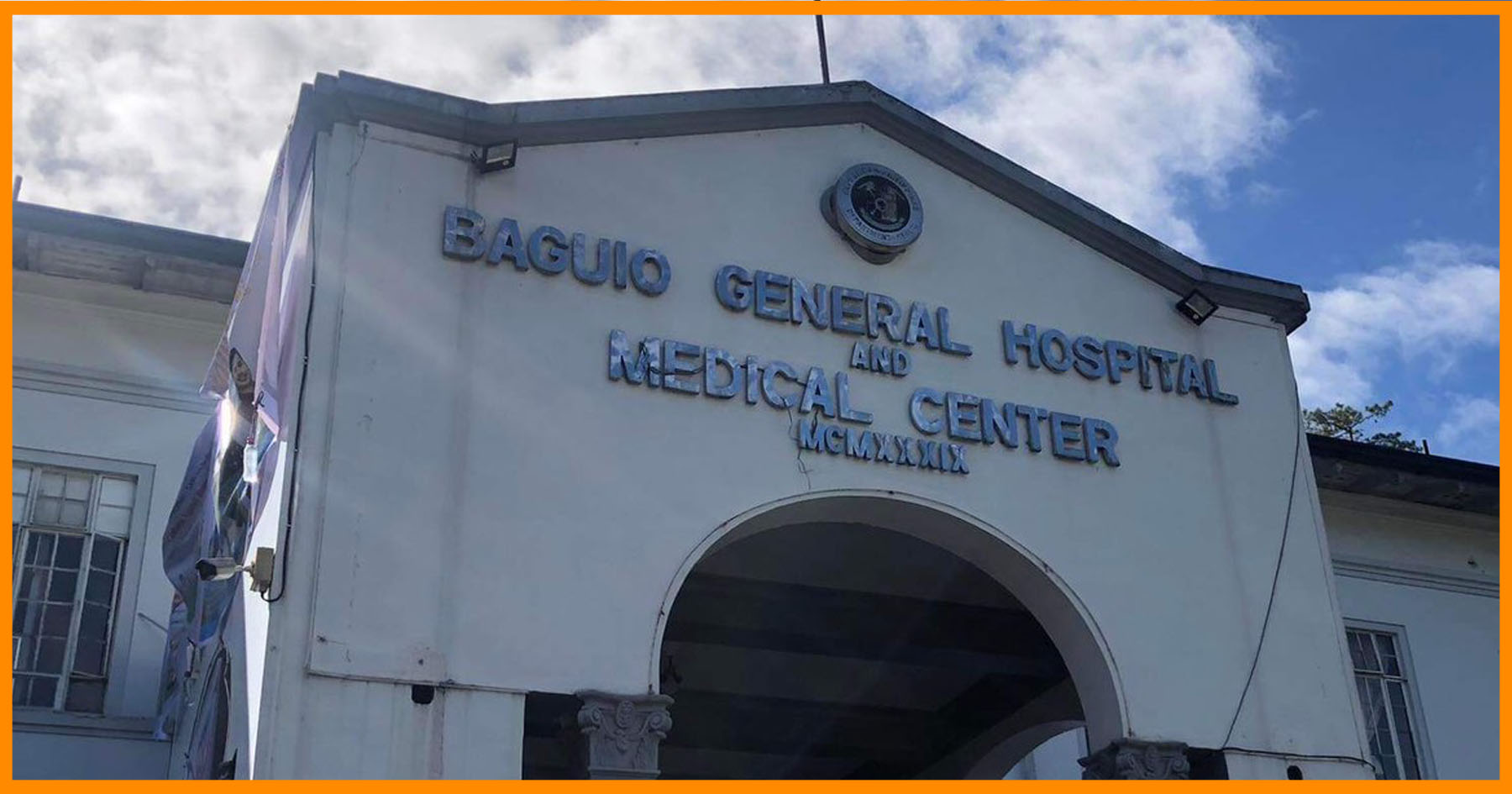BAGUIO CITY – Two Cordillerans were documented by health authorities as successful beneficiaries of the supposed risky kidney transplant performed on them in a medical facility based in San Fernando City, La Union over two years ago.
Both successful kidney transplants beneficiaries underwent the critical medical procedure on the same day in July 2016 wherein one of them was placed under the knife in the morning while the other followed in the afternoon.
Ben Pino, 37, a former sanitary inspector and now a member of the municipal disaster risk reduction and management council (MDRRMC) of Bokod, Benguet, claimed that he had been undergoing dialysis treatment for over 17 months prior to learning about the kidney transplant being offered in the Lorma Hospital in San Fernando City, La Union.
He added that his family decided to seek the appropriate medical advise from experts in the facility where initial procedures were undertaken on him while awaiting the donor that will match his kidneys that will be replaced.
“We went to the facility to seek further medical advise on the possibility of my undergoing a kidney transplant once there will be a compatible donor. We left the rest to God through our prayers and luckily our prayers were answered when my cousin who is also an employee of the Bokod local government turned out to be compatible for the kidney transplant procedure,” Pino narrated.
From November 2015, he claimed that the search was on for the potential kidney donor and in January 2016, his cousin turned out to be the compatible donor, thus, the recipient and donor underwent all the necessary medical procedures before the conduct of the major transplant surgery in July the same year.
Pino claimed that they still stayed for at least a month in the medical facility before they were given a clean bill of health by their attending physicians and they were able to go back to Bokod and both are now living a normal life with restrictions in the Bokod municipal government.
Among the imposed restrictions include no drinking of liquor, no smoking, high fat, high salt diet, carrying of heavy load and involvement in strenuous activities, thus, he now practices living on a healthy diet aside from sustaining their prescribed medication.
Denver Awitan, 26, single from Aguinaldo, Ifugao, claimed that he was diagnosed to be suffering from chronic kidney disease that is why he initially underwent dialysis treatment at the established dialysis center inside the Baguio General Hospital and Medical Center.
Awitan’s organ donor was his 52-year old mother who turned out to be the potential donor after undergoing a series of tests in the same medical facility where Pino’s transplant was done.
He urged kidney patients to embrace kidney transplant because it will help a patient go back to his normal way of life amidst the restrictions and that they will be able to become productive individuals who will be able to help in improving the living condition of their facilities.
The Ifugao native is now searching for a job because he was able to recover from the kidney transplant that was performed on him and his mother.
Atiwan and Pino are among the five Cordillerans that have underwent kidney transplant in the La Union-based medical facility over the past two years following the opening of the kidney transplant facility over five years ago.
Both successful kidney transplant beneficiaries also joined the advocacy of health authorities for organ donation among the people even if the same remains unpopular among Filipinos primarily because of the culture that one must be buried with his or her body complete.
While it is true that the kidney transplant is an expensive medical procedure, Dr. Virginia Mangati, a nephrologist of the Baguio General Hospital and Medical Center (BGHMC), said that it is much cheaper compared to a patient undergoing regular dialysis treatment, twice, thrice or four times a week.
She disclosed that kidney patients who had been diagnosed to be suffering from stage 5 chronic kidney disease are recommended to already undergo the kidney transplant for them to have better quality of life instead of undergoing the sensitive dialysis treatment, especially for the younger ones because they will have the chance to enjoy their lives with lesser problem with their kidneys after the transplant procedures.
After undergoing the critical kidney transplant procedures, both the donor and the recipient are subject to close monitoring by experts to ensure their speedy recovery and for them to be able to go back to mainstream society doing their regular work but with restrictions to avoid possible complications.
By HENT













